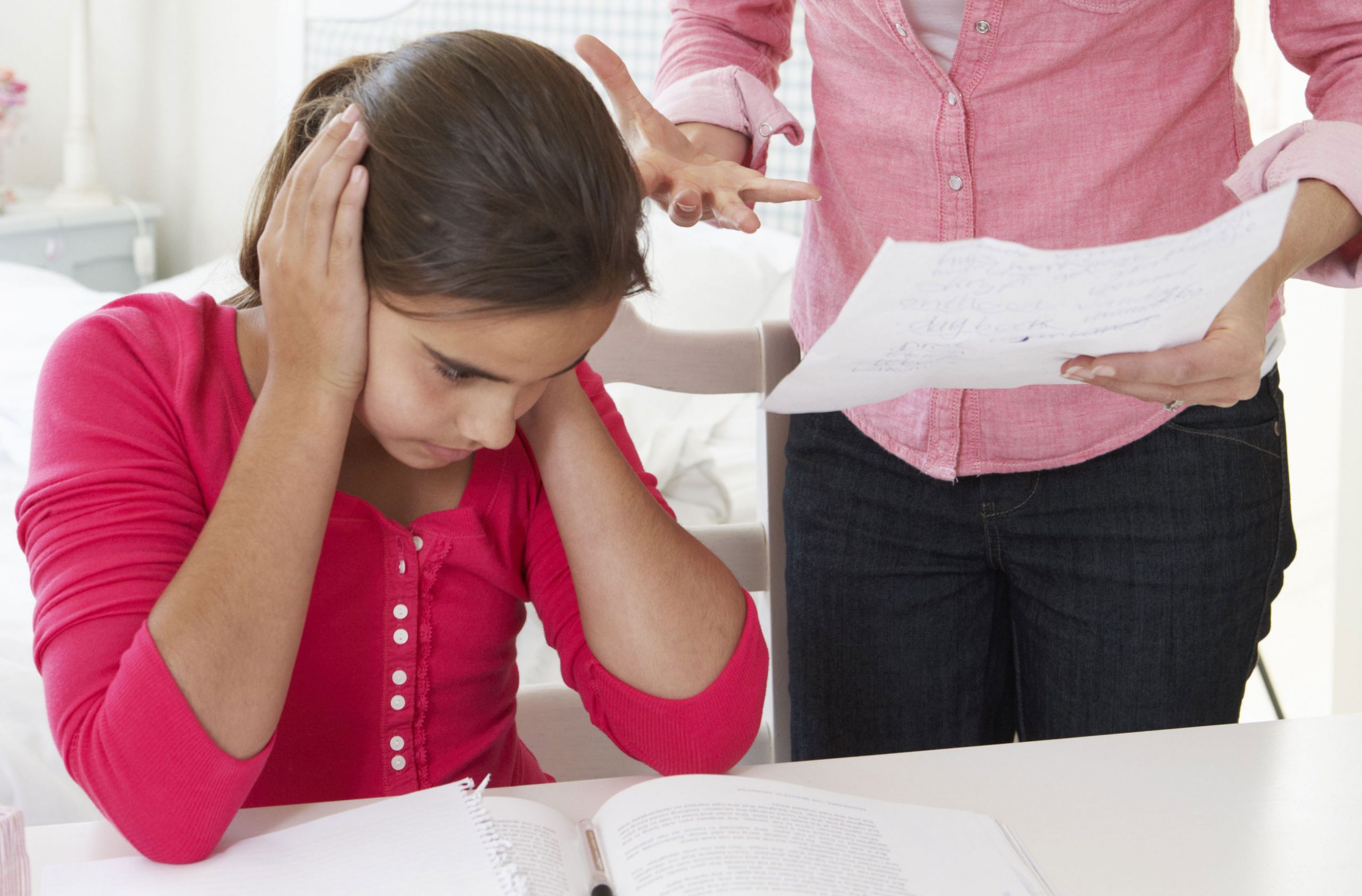School report day: What to do when your child gets a bad school report
We have all the advice you need to help them achieve better grades and how to tackle potential problem areas.

Parenting advice, hot topics, best buys and family finance tips delivered straight to your inbox.
You are now subscribed
Your newsletter sign-up was successful
What should you do if your child gets a bad school report?
We have all the advice you need to get your child to pay attention in class and start achieving better grades in the event of them receiving a bad school report.
Here we tackle some problem areas that might have caused your child to be given a bad school report.
Common problem areas to address:
1. Your child 'lacks concentration'
Maybe your child isn't interested in the subject, says Sue Percival, of the National Association of Schoolmasters Union of Women Teachers (NASUWT). 'Try to get them more involved by making it come alive maybe take them to an exhibition. And cut down on things that interfere with their concentration, like too much television.'
2. Your child 'failed to score points in key stage exams'
Perhaps they can't stand the subject. 'They can't be good at everything,' says Bob Carstairs, assistant general secretary of the Secondary Heads Association. 'Talk to your child about how you can help. Can you give them practice at home or ask for extra classes at school?'
Sue Percival adds, 'Ask if the school runs a mentoring scheme, where older pupils give the younger ones help. Or try setting up a rewards system.'
Read more: Exam stress: Tips on how to help your child keep calm during exam time
Parenting advice, hot topics, best buys and family finance tips delivered straight to your inbox.
3. Your child 'doesn't do enough homework'
'Provide an environment that encourages them to work, and try to keep any other children quiet,' says Bob. 'If they study to music, make sure it doesn't distract them. But don't be too strict, a child might work better if they study for half an hour, go out on their skateboard, and then return to their homework. Follow a pattern and stick to it, for instance, let them unwind when they get in, have tea, then start work. Keep a check on their homework diary.'

How to tackle bad behaviour in class after a disappointing school report:
1. Your child 'doesn't take part in class discussion'
'You need to build up their confidence,' says Sue. 'Have a general discussion with them and praise any good points. Listen without criticising, so they'll feel braver about speaking up.'
2. Your child 'needs to improve handwriting'
Explain that if the teacher can't read their work, they could lose marks. Then get them to practise during the holidays, says Sue.
Read more: A parent's guide to Year 2 and Year 6 SATs papers
3. Your child 'doesn't listen'
'Work through this at home,' says Sue. 'Look your child in the eye when you talk to them and get them into the habit of listening. With younger ones, ask their teacher if they can sit nearer the front.'
4. Your child 'doesn't show respect towards teachers'
Says Sue: 'See the head of year, not the teacher concerned. That way someone else can negotiate a compromise. And look at your own attitude. Are you rude about other people, and has your child picked that up?'

5. Your child 'must make more effort'
Learning expert Dr Mel Levine, author of The Myth of Laziness (Simon & Schuster, £10.99), says: 'Find out why a child isn't doing well, rather than calling them lazy. It may be hard for them to remember things or their hand may hurt if they write a lot.'
6. Your child 'is making satisfactory progress'
But is that good enough? 'Ask their teacher,' suggests Sue, 'but don't get too intense, it's better than unsatisfactory.'
7. Your child 'hasn't done as well as last term'
'Is it the teacher or the child not understanding a subject? Find a neutral time to get your child to open up,' advises Sue. 'Ask what's wrong and act from there.'
Trusted, informative, and empathetic – GoodToKnow is the ultimate online destination for parents. At GoodtoKnow, our mission is 'simple': we're trying to make sense of parenthood. On the site, you'll find everything you need for a happy, healthy family life. Our huge archive of content includes more than 18,000 articles and 1,500 how-to videos. These include expert-backed advice features on parenting, dealing with relationship changes after having a baby, self-care for mums and managing your family finances. We also feature tried-and-tested product reviews and buying recommendations for every stage of family life - from prams and Moses baskets to birthday gifts and top toys.